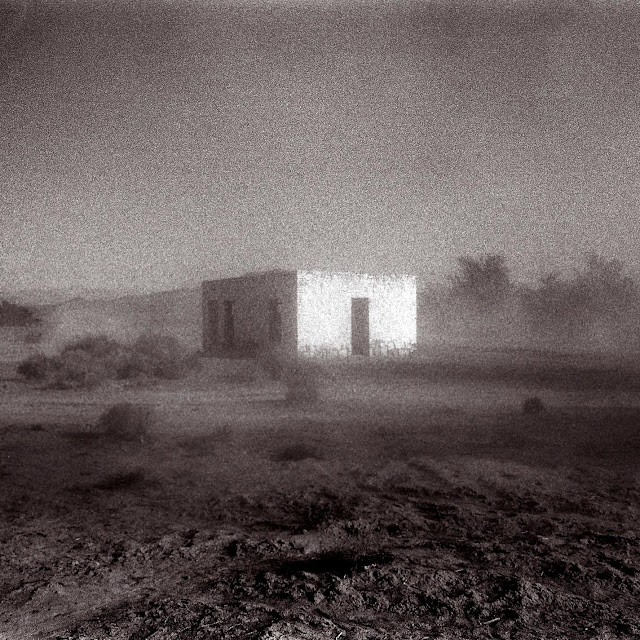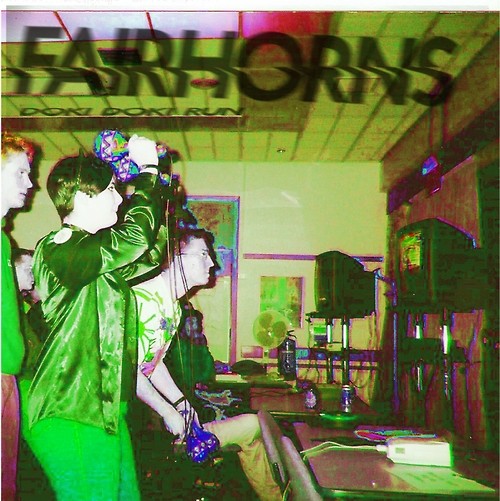
The Lost Tapes isn't a scrabble for canned stuff in the hope of cajoling some shrapnel outta slack denim pants; anything but. A collection of dusted down stuff sonic – soundtracks to films forever ensnared in octagonal aluminium, offcuts slashed from finalised LP tracklistings and the like – these recordings were immortalised between '68 and '77 and, spanning 30 tracks and three hours-plus, provide a fairly formative inauguration into the maddest of worlds occupied by the linchpin of Can, Irmin Schmidt: the man to have nitpicked his way through the interminable tongues of sullied reel here snipped into shape. More a veritable mindset than a mere compilation of once-mislaid material, it's one unquestionably worth tuning into.
And this becomes apparent even from the opening moments of Millionspiel: all junked-up psych styling that's later suffused with a purdy, authentically face-frazzling Ethio-jazz sax solo that ambles astray somewhere between the four and five minute marks, it's a frenetic marvel. So to is the scintillating Astatke-ish improv glitter of Evening All Day and the murky, sample-frenzied wig out that is Graublau on which Schmidt's penchant for Zappa surreality saunters to the fore. However it's not all quite so good as When Darkness Comes is a palpably ugly and ultimately atrocious, dolorous lament through the medium of unlistenable groan. Blind Mirror Surf is an equally irksome stalk through reedy nullity, yet the segueing Oscura Primavera is immediately more affable and equivalently so to the Cataluñan bash of the same name.
Thus the feel of things certainly isn't anywhere near as cohesive as one may expect of a premeditated record as such with stylistic permutations all-pervasive, and this is evidenced most explicitly throughout the set's second part: True Story sees a creepy monologue of paranoia, Mick Jagger smiles and space rangers going by the name "Rocky Jones" backed by appositely demented lo-fi minimalism, a haunted analog line shrivelling up and in on itself as a wisp of totally wired bass becomes entangled in its precarious coiling. The track, as is customary for most songs so to do, then fades to static nothingness only to be proceeded by the impressionistic gurgle and seemed toilet flushing of The Agreement, which is in turn swallowed up whole by the Hendrix-esque ooze of Midnight Sky. It's a baffling and indeed at times befuddling mélange that is, most aptly, rather easy to lose marbles to; to lose oneself in entirely, perhaps never to return. At the very least The Lost Tapes will irrevocably alter your perception of music and what it ought to provide.
And suddenly I feel found again. Sorta...
























